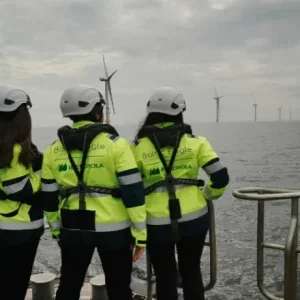
The company will use the sovereign-guaranteed loan to restructure its balance sheet as well as to the reach long-term development objectives including commercialization, raising standards of corporate governance and improving energy efficiency.
Earlier, EPS cut down its output by one third due to floods in 2014, which damaged its coal-production facilities, reported Reuters.
In addition to supporting further reforms in Serbia’s energy sector, the financing is expected to help achieve energy market liberalization, which is expected to be an important condition for the country’s aim to join the European Union.
Additionally, the funding will be used to develop cross-border energy distribution and trade in order to strengthen regional integration in the Western Balkans.
EBRD director for power and energy Nandita Parshad said: "We are pleased to be working on the modernisation of the company, increasing environmental and social standards and corporate governance.
"We see a lot of potential to further develop EPS as a commercial company and it is important EPS continues to implement the reforms started over the past year or two."
The program is planned to be implemented in cooperation with the Serbian government, the World Bank and the International Monetary Fund.
EBRD Serbia director Daniel Berg said: "This loan is hopefully the final step to help EPS recover from the damage and by re-financing liabilities taken at the time, management will be in a position to press forward with a vision for a more efficient company."
Image: EBRD’s funding will be used to develop cross-border energy distribution and trade in Serbia. Photo: courtesy of European Bank for Reconstruction and Development.






